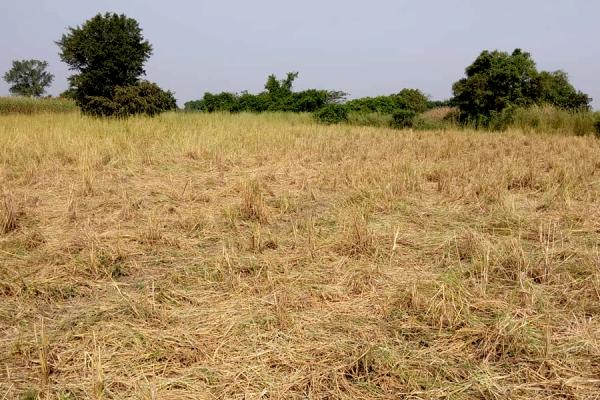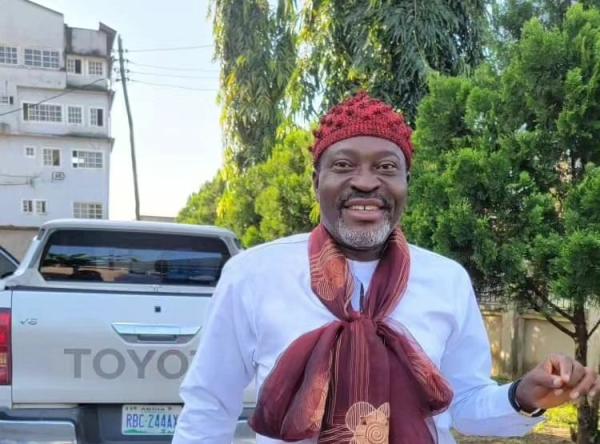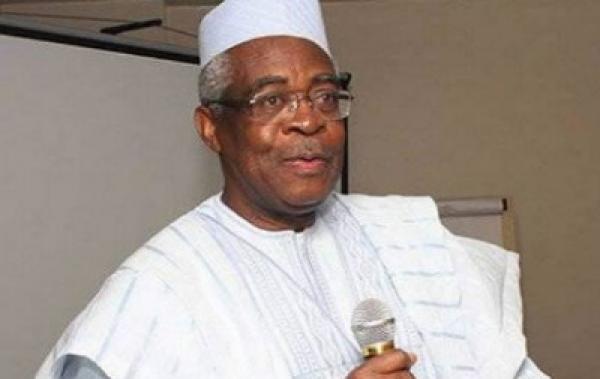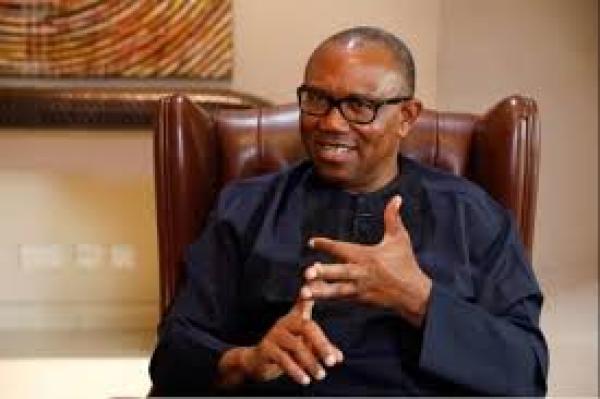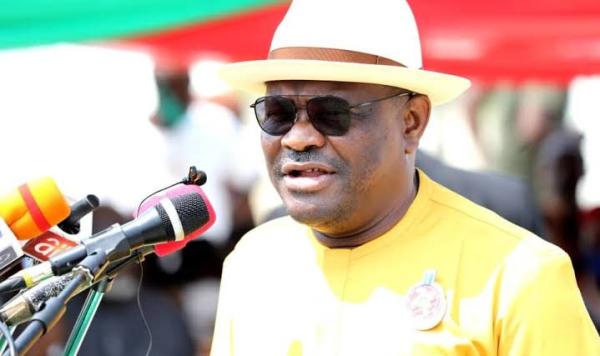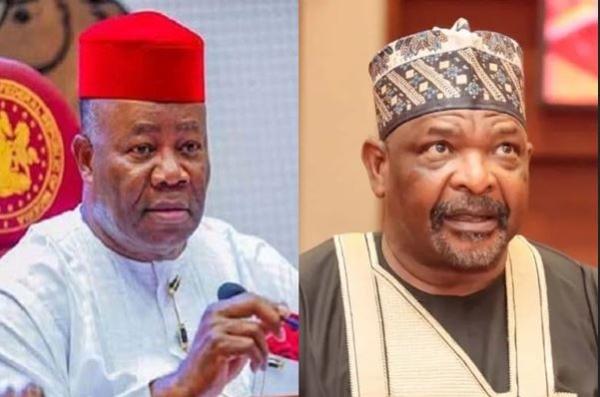
The National Assembly on Wednesday 16th May, passed the long awaited 2018 Appropriation Bill of N9.12 trillion for the 2018 fiscal year, explaining why it increased the budget estimate by N508 billion from the N8.612 trillion proposed by President Muhammadu Buhari late last year.
Presenting the details of the 2018 Appropriation Bill for consideration at the Senate, Chairman of the Senate committee on Appropriations, Senator Danjuma Goje, APC, Gombe Central explained that the six percent increase in the budget estimates was done in consultation with the executive arm of government.
Senator Goje also listed the critical sectors responsible for the increase to include: “Reduction of deficit N50.88 billion; Security N46.72billion; Health N57.15billion; Power, Works and Housing N106.50 billion; Education (particularly for the infrastructure for the 12 newly established Universities and meal subsidy in Unity schools) N15.70billion; Judiciary N10.00billion and Niger Delta Development Commission (NDDC) N44.20billion, which is a part payment of the NDDC liabilities on the Federal Government of Nigeria.” According to him, this was attributed to the increase in oil price benchmark, which was increased from the proposed $45 per barrel to $51 per barrel.
Allocations
In the budget which was passed, projects such as Power, Works and Housing as well as Transportation got the highest capital allocation out of total sum of N2.873 trillion in the 2018 budget.
The breakdown shows that Federal Ministry of Power, Works and Housing got the highest allocation of N682.309 billion, followed by Transportation which received N251.420 billion; N157.715 billion for Defence; N149.198 billion for Agriculture and Rural Development; N147.200 billion for Water Resources and N102.907 billion for Education while N150 billion was allotted to capital Special Intervention programme.
Breakdown of the 2018 budget also showed that National Assembly got N139.5 billion as against N125 billion in 2017; National Judicial Council (NJC) gets N110 billion as against the sum of N100 billion approved by President Muhammadu Buhari.
Saraki Speaks
In his remarks after the Appropriation Bill was passed, Senate President, Dr. Bukola Saraki said ‘‘a lot has been said in areas of how we could have passed the budget earlier, and I think there is definitely room for improvement in the area of cooperation and collaboration between the executive and legislative arms of government. As you all know, tive should do something about this area. It is an important issue and I believe we must address it. In doing that also, we must appreciate now that crude oil price is close to 80, a lot of Nigerians are expecting to see our excess reserve account should be on the rise but, if money is being used for subsidy at the end of the day we will have it difficult to explain. That is why it is important that we capture the subsidy into the budget. On that note also, I want to emphasise on the issue of oversight and issue of us ensuring that this amount we have put in the budget, that there is successful implementation. But be that as it may, we must definitely commend that we have seen significant high percentage of capital expenditure in this 2017 and I hope that, that will lay a good foundation for 2018. But since 2018 is an election year, I think a lot of work is expected of us to do proper oversight because some of the heads and ministers might not have much time as before and if we are not careful, those in charge might abuse those areas, so a lot needs to be done from us.’’
Other Senators who expressed their thoughts on the budget, believed that the Nigerian public must be made to understand how the budget process works, so as to correct the wrong impression that the National Assembly is in the habit of delaying the national budget.
Reps also passed the budget
Meanwhile, members of the House of Representatives in passing the N9.120 trillion 2018 budget, warned that on no account should one kobo be spent outside what the National Assembly appropriated.
Other conditions given by the House before passing the budget, include barring the administration from borrowing without first furnishing the legislature details of the borrowing plan and obtaining approval.
Also, the House had set up a conference committee to liaise with the Senate based on the conditions attached to the budget passage, which has now fixed the budget cycle at 12 months.












